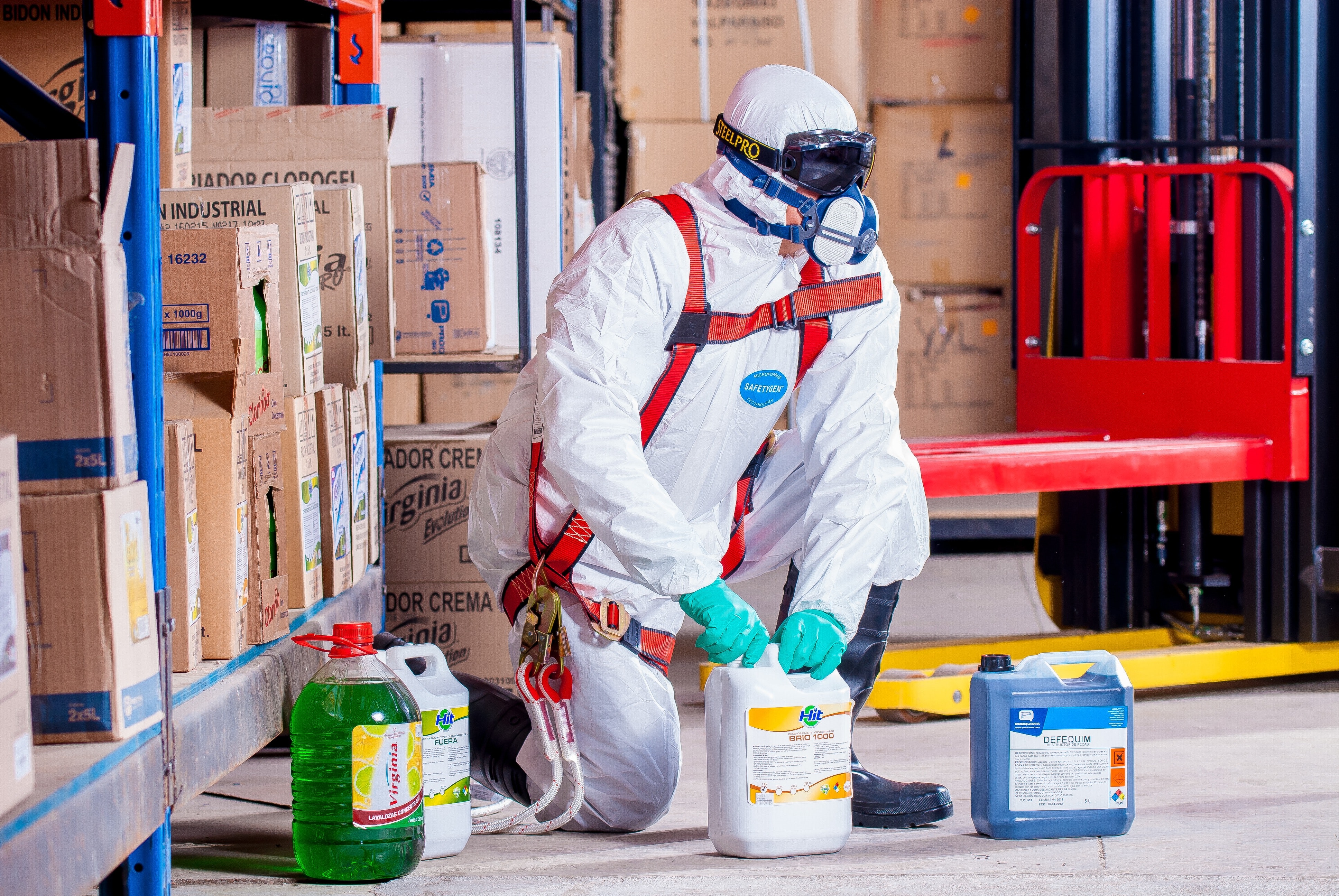News and Updates
Category: Respiratory Protection
OSHA's Top 10 Violations
OSHA released its annual Top 10 list of most cited workplace safety standards earlier this month at the National Safety Council Congress & Expo in Orlando, Florida. The violations making it into the top 10 are the same as last year, but their respective place in the top 10 may have changed. On the bright side, most categories saw fewer violations in the last year, compared to the prior year’s data. Respiratory protection and PPE were the two categories that saw increases, and these violations are avoidable with the right knowledge, programs, and enforcement in place. Many employers don’t realize that they need to provide respiratory protection to employees in certain roles. Check out our blog on respiratory protection programs to get an idea of what’s involved. The list reflects violations from October 2023 through September 2024, and is based solely on federal OSHA data. For yet another year, Fall Protection (general requirements) was #1 with more than double the violations of the next largest category, and hasn’t moved from that spot for 13 years. 1. Fall Protection – General Requirements: 7,271 violations 2. Hazard Communication: 3,213 3. Ladders: 2,978 4. Scaffolding: 2,859 5. Powered Industrial Trucks (1910.178): 2,561 6. Lockout/Tagout (1910.147): 2,554 7. Respiratory Protection (1910.134): 2
Respiratory Protection, Fit Testing & Written Programs
If your workplace exceeds the permissible exposure limits of airborne contaminants (more on that here), there are a few items you should have in place, starting with a written respiratory protection program. If this isn’t something your own safety staff is comfortable putting together, you can outsource it to a third party. Spooner’s safety team is well-versed in helping develop these types of programs to help businesses remain compliant. Once the written program is finalized, you’ll need to select the appropriate respirator based on the type of exposure. After both of those tasks are complete, it’s time to schedule respirator fit testing. Even though a pulmonary function test (PFT) is not always required by OSHA prior to wearing a respirator on the job, the medical provider performing the certification may require a PFT as part of the process. A PFT is required for employees wearing respirators for protection from asbestos, cotton dust, benzene, formaldehyde, silica and beryllium, to name a few. Any employee planning on wearing a respirator at work will need to complete OSHA’s Respirator Questionnaire. Simply asking your employees to complete one prior to wearing a respirator isn’t sufficient - OSHA requires that a physician [or other licensed health care professional (PLHCP)] to review the questionnaire. How the form is completed is determined by the type of respirator worn, and certain responses may serve as a red flag that additio


